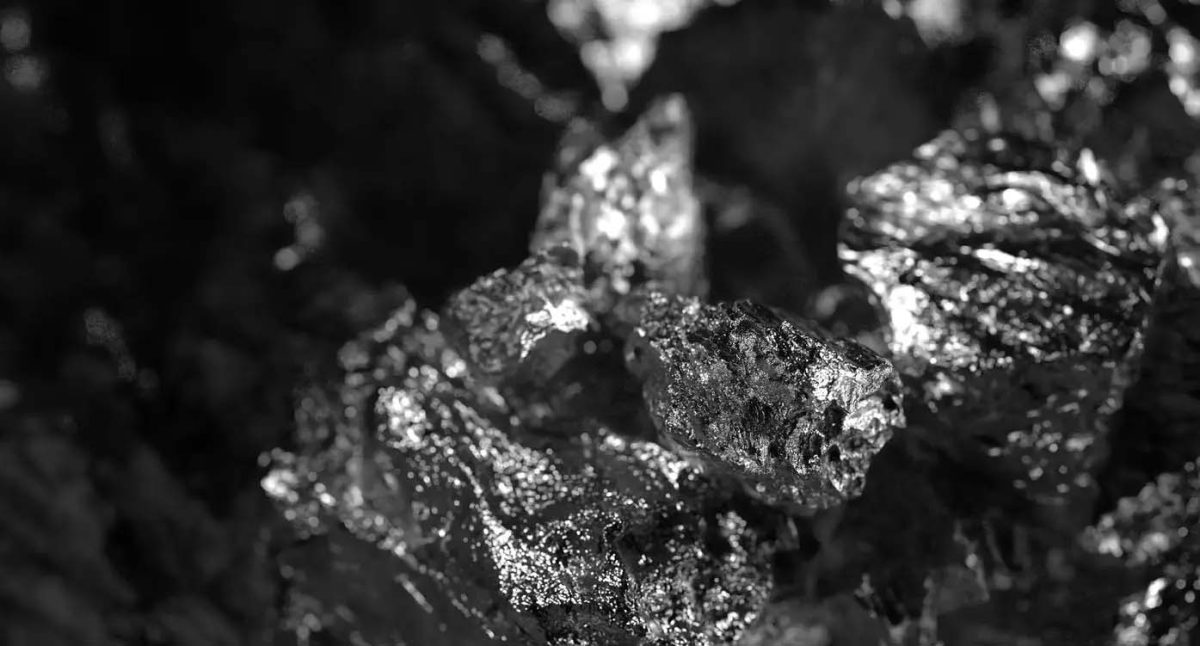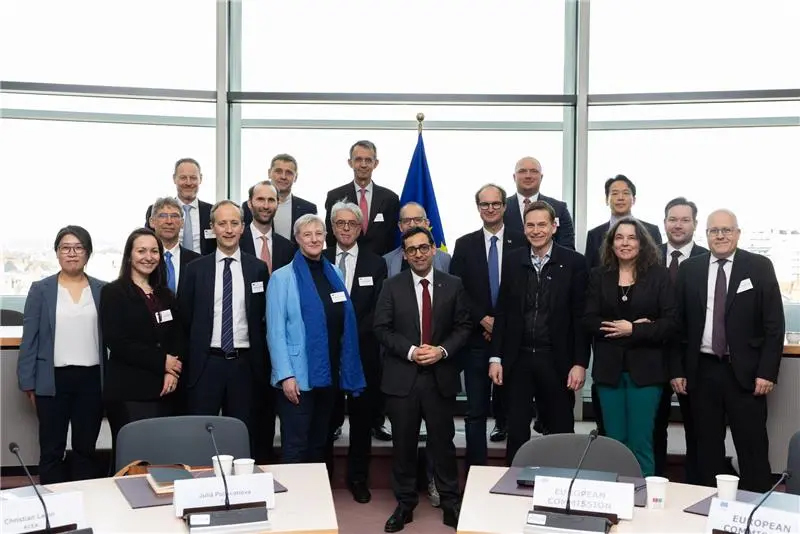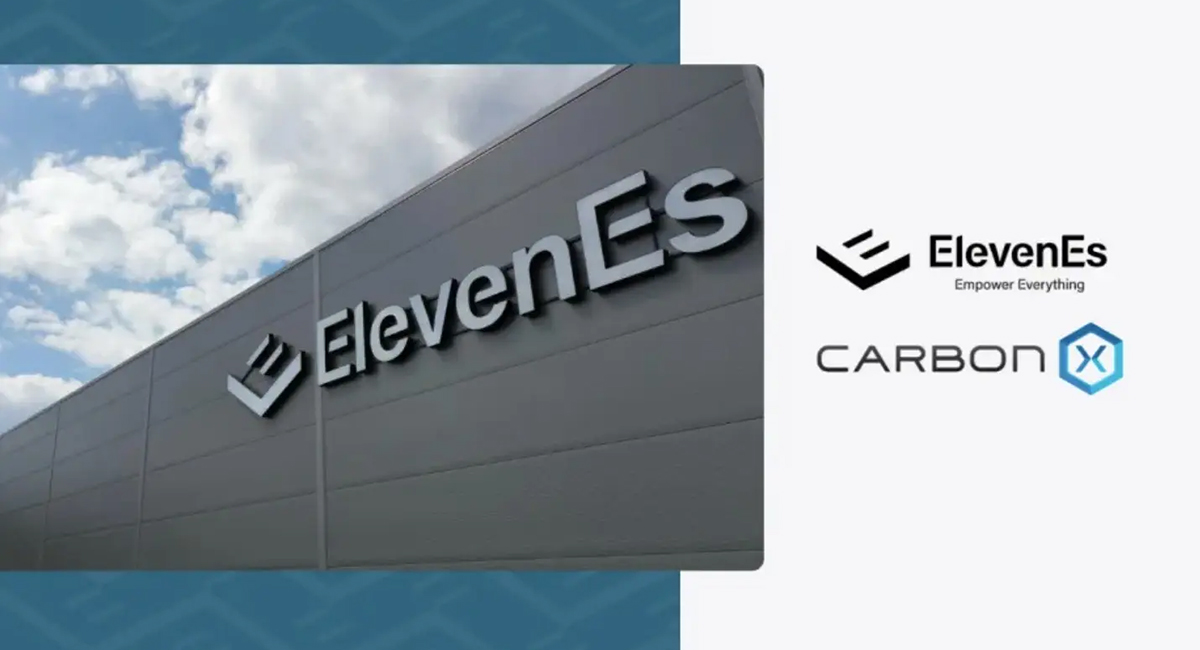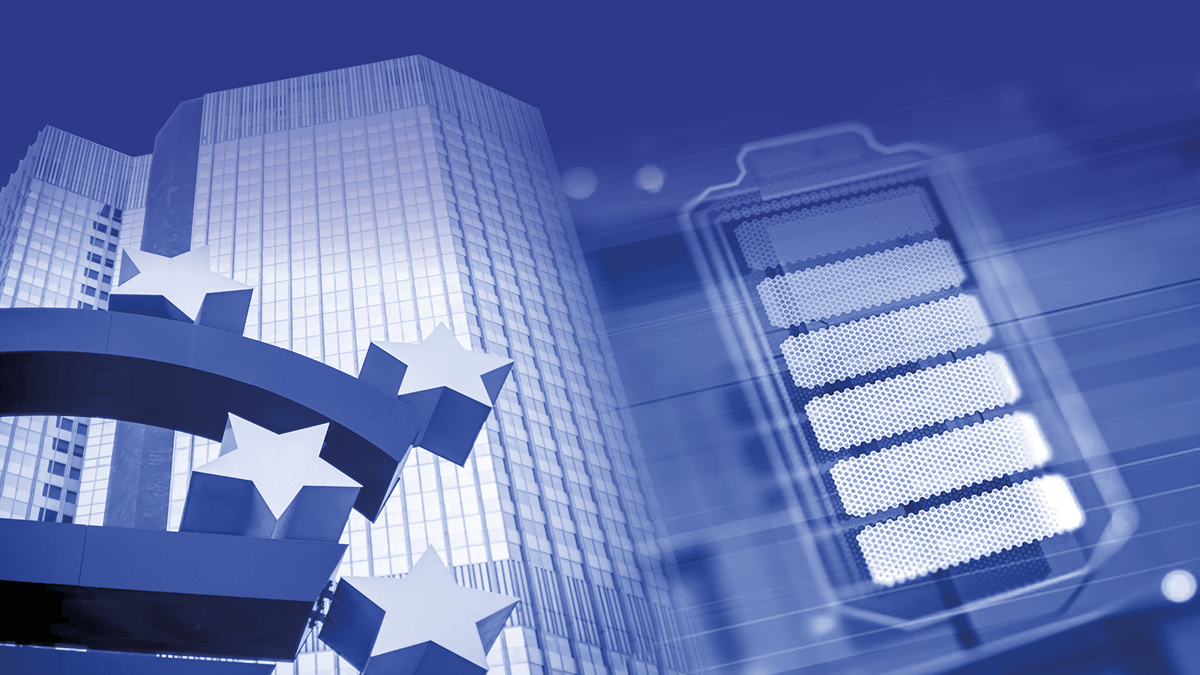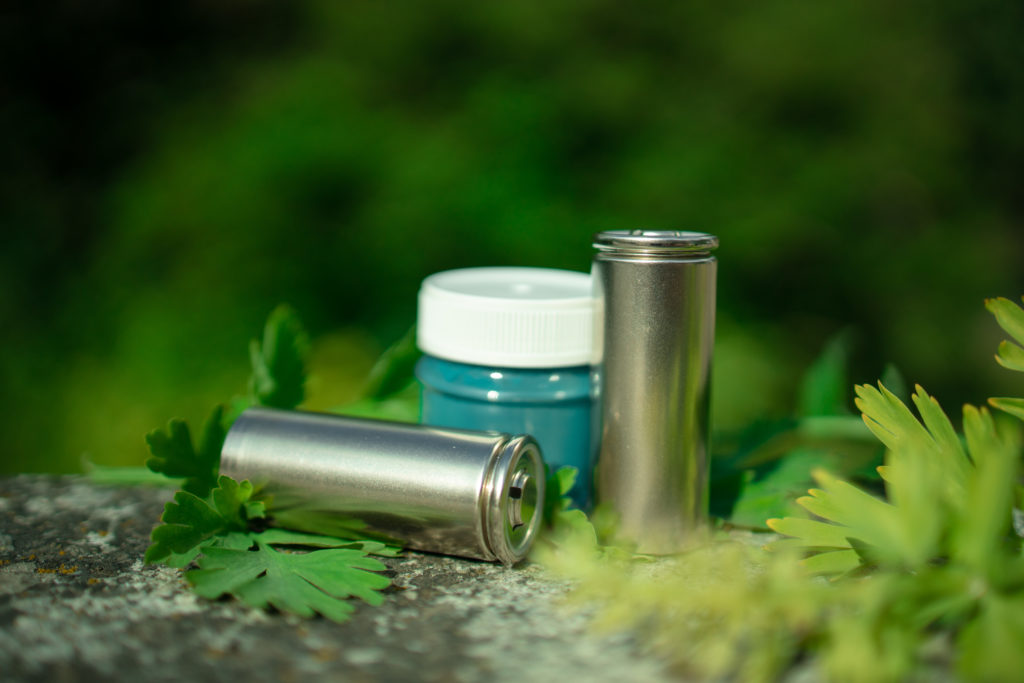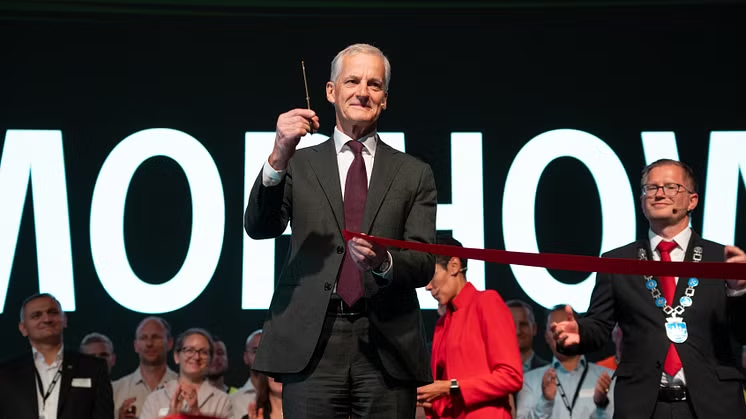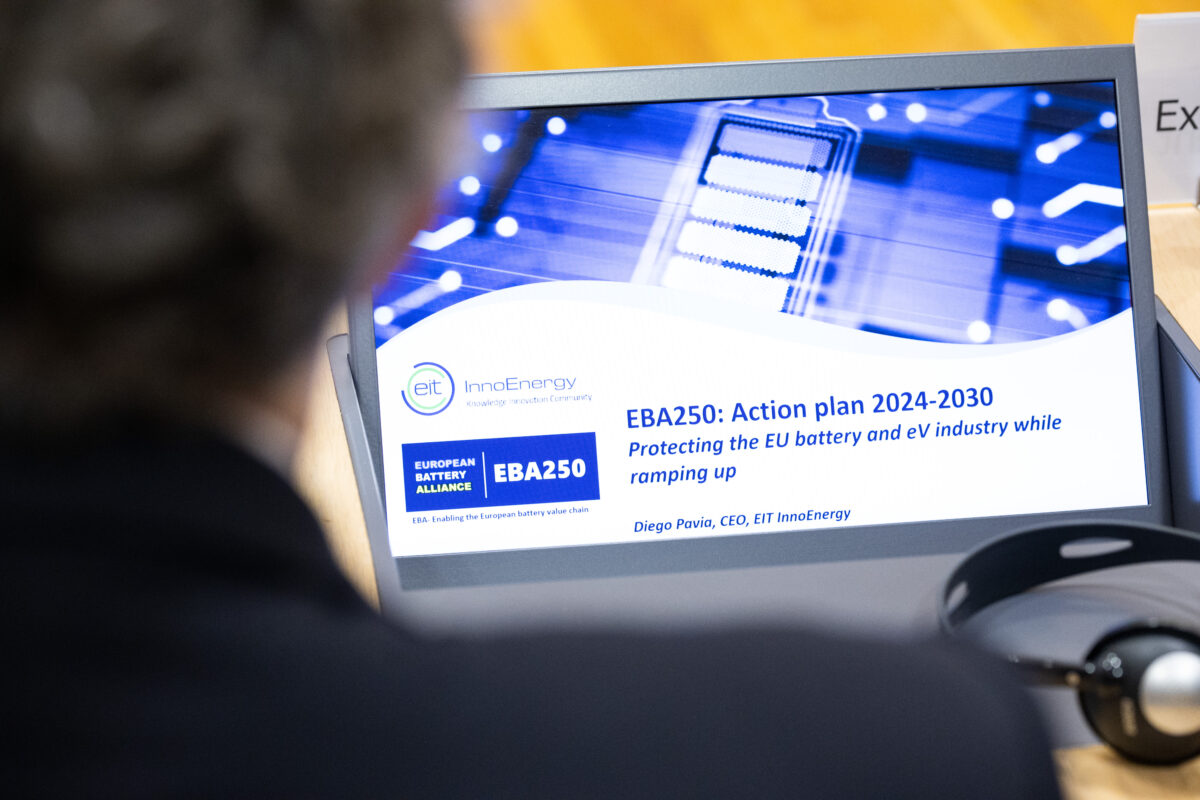
Jun 10, 2020
Accelerating battery recycling
Accessing secondary raw materials through recycling in a circular economy of batteries is a prerequisite not only to secure access to valuable raw materials but also building more resilient supply chains for batteries raw materials.
With the number of electric cars on the rise, recycling of batteries from electric cars is picking up momentum. Used batteries are not just a waste but a valuable resource of many raw materials that can be re-used in batteries or other products. Utilising those resources is therefore an important step for reducing waste, increasing circular material flows while reducing dependency from raw material imports.
More and more companies look at possibilities on how to recycle batteries from electric cars. However recycling of lithium-ion batteries is still in its infancy. Complex recycling processes need indeed to be developed to enable multi-component recycling. A supporting legislative framework that focuses on critical elements’ recycling rather than weight percentage is also critical to further accelerate and increase the recycling efficiency of batteries.
Unlocking both economic and environmental benefits, the recycling business is developing rapidly, as illustrated by several recent industrial initiatives.
Earlier this year Fortum, BASF, and Nornickel signed a cooperation agreement on battery recycling. The companies announced to plan a battery recycling cluster in Harjavalta, Finland, serving the electric vehicle market. This would enable a successful “closed loop” cycle to re-use the critical metals present in batteries.
Eramet, BASF and SUEZ as well as Audi and Umicore are pursuing similar projects.
Honda is expanding its partnership in Europe with the French recycling specialist SNAM. It intends to collect batteries from Honda dealers and authorised recycling facilities in 22 countries and test them for their suitability for recycling and further processing.
Another example is from the Canadian company Li-Cycle who announced in March its first commercial delivery of recycled battery materials.
And last week Northvolt and Norsk Hydro announced that they are teaming up to recycle batteries from Norway’s hundreds of thousands of electric cars as part of Europe’s effort to build a sustainable battery industry.
To conclude, we see that recycling is getting big business. We can surely expect more of these in the future, especially if an adequate legislative framefork comes into play to support industry’s efforts!
More EBA250 news
InnoEnergy, the driving force behind the EBA250 initiative, introduces today its new brand identity,…
The new EU-funded facility will enhance global raw materials partnerships and access to Critical…
Last week, InnoEnergy and EBA250 represented the battery value chain in Brussels alongside Verkor…
ElevenEs, a European LFP lithium-ion battery manufacturer, has signed a Joint Development Agreement with…
The European battery industry has come a long way since the launch of the…
The 2024 Innovation Fund calls for proposals have been launched this week, with a…
Altris, a pioneering Swedish developer of sodium-ion battery technology, has reached significant milestones that…
Last Friday, Morrow Batteries officially inaugurated the first giga-scale LFP (Lithium Iron Phosphate) cell…
On May 24, 2024, the 8th High-Level Meeting of the European Battery Alliance (EBA)…
Following the recent announcement from EVP Šefčovič on the need to support manufacturing of…

